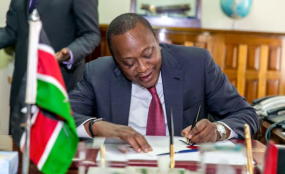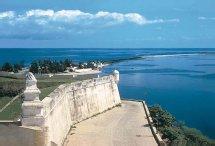Today in the Managers Abroad Podcast, we have a very special guest, the current chairperson of the African Chamber of Commerce in China, AFCHAM, and head of its education committee, Mr. Denis Nkwetato Tamonkia. Born in Cameroon, he is an experienced educationist and corporate trainer who has held numerous leadership positions in the fields of education, non-governmental organizations, and business.
Among the projects that Denis has developed in China, we can highlight the popular social networking community for teachers and students called MyEE Online. He is also the brain behind SEPFRA (Solar Energy Products For Rural Areas), a non-governmental organization that seeks to provide solutions to basic energy lack in rural areas in Africa. Besides, He is currently the editor forBridge Afrique Magazine, a global platform in English, French, and Chinese, to showcase Africa to the world and the world to Africa for the purpose of attracting investments and increase trade within the Continent. Denis believes that the AFCHAM is “the ultimate connection through which companies and individuals that see a bright future in Africa can get started”.
Interview prepared by Amado Trejo










